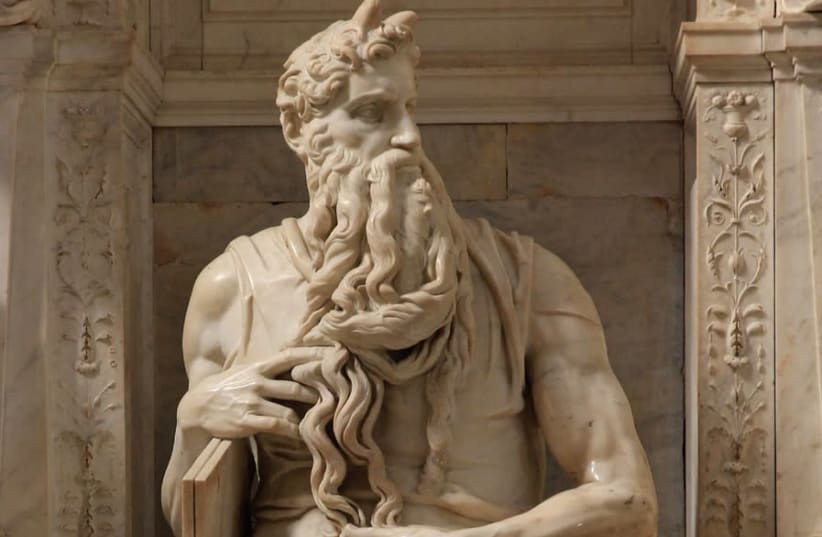“You shall not do so to the Lord, your God.“But only to the place which the Lord your God shall choose…“And there you shall bring your burnt offerings, and your sacrifices…“And there you shall eat before the Lord, your God, and you shall rejoice in all your endeavors…”
And then again…
“And it will be, that the place the Lord, your God, will choose in which to establish His Name there you shall bring…your burnt offerings… “And you shall rejoice before the Lord, your God you and your sons and your daughters and your menservants and your maidservants…”(Deuteronomy 12: 2-12)
The principle of centralized worship as presented here cannot be interpreted as a cynical-political interest meant to gain control over the nation since it is easy to discern that this Torah portion does not mention where the place is to which the nation is supposed to bring the sacrifices. The lack of mentioning Jerusalem is obviously not coincidental and wishes to point the reader’s attention to the fact that, in this portion, the focus is not the exact location of the Temple – something that is written numerous times in the Bible – but the centralization of worship as a principle. The Torah opposes the existence of folk rituals scattered in many places, as was customary among idol worshipers, but wishes to create a spiritual center to which everyone will come.In order to understand the significance of this principle, we must return to the description of the idolatrous ritual worship that takes place “upon the lofty mountains and upon the hills, and under every lush tree.” The mountains rising to heights, the trees blossoming, express the power of nature. But the rituals in these places expressed fear rather than wonder.The idolatry that saw the forces of nature as independently acting powers lived in constant fear of them. Idolatrous mythology told stories of battles between gods, relationships of jealousy and hatred, persistent wars… These taught people that the forces of nature, acting independently, are dangerous. A god could decide on a whim to destroy humanity, and if one god overcame another, it could have repercussions on people living under the rule of these gods. This terrifying fear made man appease the gods where the power of nature was seen – on high mountains and under the shade of blossoming, lush trees.But Judaism is different. It does not view the forces of nature as independent but rather as forces controlled by God; it does not talk of mythological battles between gods; it is not afraid of the power of nature because it sees it as an expression of God’s benevolence. The power of nature is recognized in Judaism and Halacha (Jewish law) and even instructs man who is impressed by wonders of nature to bless God with “Who makes the works of creation” (Shulhan Aruch, Orah Hahaim, siman 228). But this is wonder rather than fear; not fear of the unknown but acknowledgment of the beauty and wonder of creation.The description of sacrifices being brought to the “place which the Lord your God shall choose” teaches us more than anything about removal of fear of the (seemingly) ruling powers in the world. The result of coming to the Temple is eating and being joyful before God. The peak of worshiping God is rejoicing before the Lord in His Temple. It is no surprise that in this atmosphere, we discover that eating before God does not remain a limited act of one person, but he must invite his family, and the lower strata of society – slaves and maidservants and the underprivileged – to share in his joy.Judaism as a religion of life and joy – this is the principle behind centralized worship.
The writer is rabbi of the Western Wall and Holy Sites
